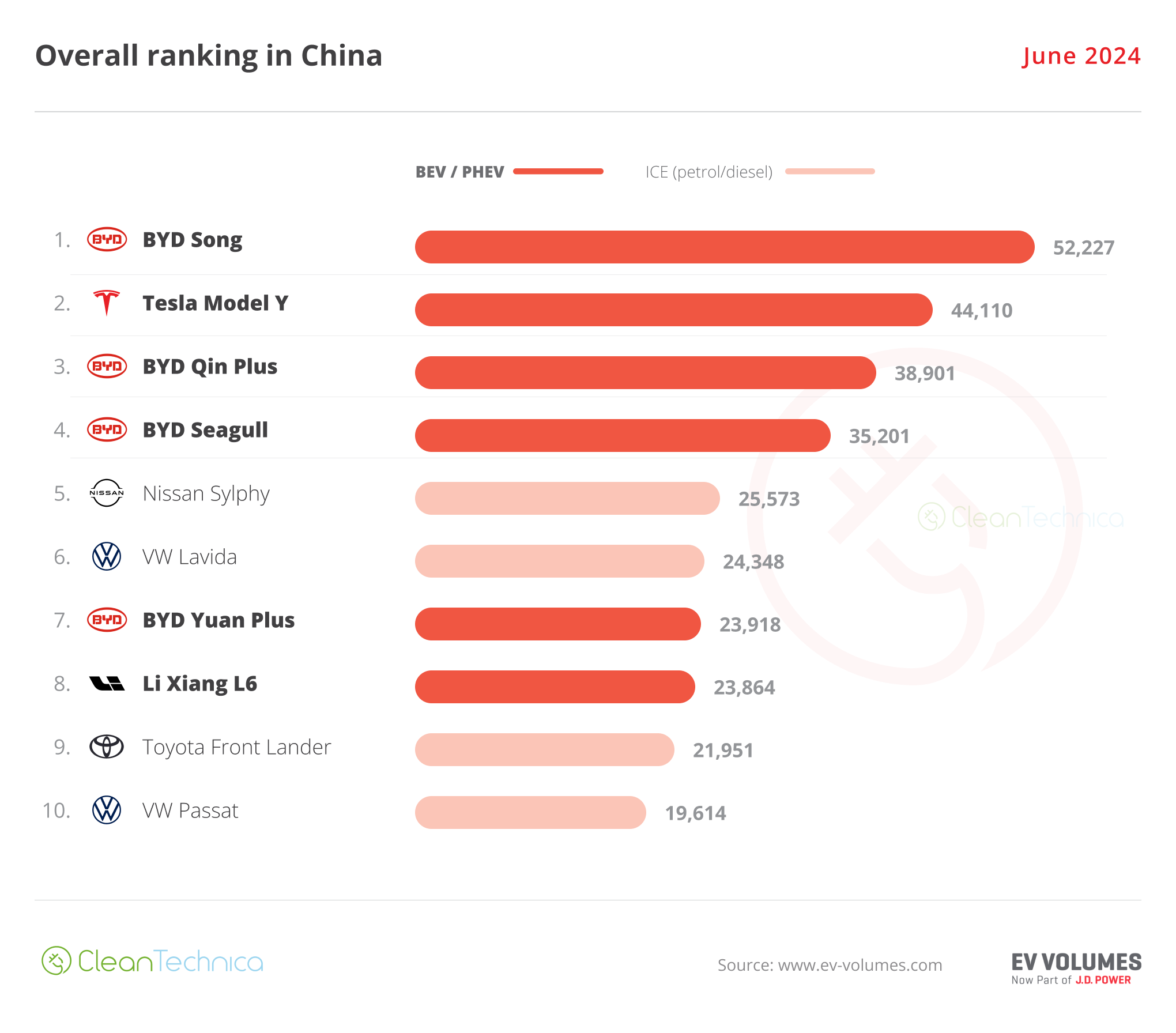Sign up for daily news updates from CleanTechnica on email. Or follow us on Google News!
Even the best relationships can be hard sometimes. You can truly and deeply love someone, but you won’t always see eye to eye with them about everything. So, it’s said that strong couples aren’t strong because they don’t fight, but they’re strong because they fight well. It’s OK to have disagreements, but how you resolve conflicts matters more than trying to do the impossible and avoid all conflict.
If we’re honest with ourselves, owning an EV can be like that sometimes. We can really love owning an EV, but there are times that little problems come up that make it a pain. But, because the rest of the experience is great, we work through it.
In this article, I want to try to get EV owners to think a little bit about how things might look to someone who doesn’t own an EV yet, and then explore some ways we can maybe do a little better at criticism without causing bigger long-term problems with EV adoptions.
An Incomplete Picture
Looking at EV owners on social media from the outside must be really confusing to people who don’t have an EV. News stories about some struggle an EV owner has come out on TV and on conservative websites almost every day. EV owners complain about charging constantly, with even Tesla owners encountering things like a derated stall sometimes. When someone skeptical about EVs sees complaints, we have to consider that they might not see those complaints the way we see them as EV drivers, because they’re only seeing the conflict, and not the rest of the ownership experience.
To drive this point home, I want to give a few recent examples. These aren’t bad things to say, and in fact they are things that need to be said. But when you look at these tweets, try to imagine what reading them would be like if you didn’t own an EV and didn’t know much about them.
Well, BTC with more horribly designed equipment. https://t.co/QT1t1GWOUf
— Arianna (@AriannaChelsea1) April 11, 2024
Again, this kind of criticism is important. We need to be holding charging providers accountable for what they’re doing and demand better designed stations, better performance, and better reliability. But, we also need to keep in mind that a person who doesn’t drive an EV yet might see something like this and assume that “EV charging = horrible.” And if EV drivers are so down on it, why should they give up gas for it? [Editor’s note: Indeed, I tried reading that tweet first as someone who doesn’t have an EV, and I can see how much it must seem like EV life is horrible and no one should buy an EV! It was a bit wild to so consciously read it as a non-EV owner and see how much that changed how I read it. —Zach Shahan]
Here’s another post from the same friend who got quoted in the last one:
Well well well, @ElectrifyAm in Junction, Texas is broken
Unit 1 faulted out and unit 2’s cable cooling just failed on me during my charge session. So we are down to just 1, possibly 2 working chargers. Now this is a site that needs to have a complete rebuild.… pic.twitter.com/yhuvhJ8pOI
— ArtiePenguin1 (@MrArtiePenguin) April 11, 2024
If I didn’t know anything about how nice an EV6 is and how it works just fine to travel on that stretch of road, despite issues like this, I might assume that driving down I-10 is risky as frick. I’d probably have second thoughts about buying an EV.
Or, how about this really cool video?
Ocean 2 Ocean In Electric Trucks! Rivian, Cybertruck, Lightning, & Silverado Race To The Finish Linehttps://t.co/1qR6bkaAGv pic.twitter.com/KrClXpkmHi
— Out of Spec Studios (@Out_of_Spec) April 6, 2024
In the video, the teams ran into multiple problems along the way. The F-150 Lightning had to be towed because it crapped out at a low state of charge most people would never consider driving down to. The Cybertruck doesn’t win the race, and even runs into slow Tesla stations a few times, and needs to replug sometimes. Lots of other challenges are run into. So, if you’re an ICE truck owner considering one of these trucks and YouTube puts it in your face, you might assume that EV trucks just aren’t up to the task.
But, who really drives across the country in one blast like this? Almost nobody. People driving any of these trucks will probably never experience these issues. And, ask anybody who rode in any of the trucks and they’ll tell you that they love the trucks.
The Conundrum
Again, these kinds of tweets and videos are very, very important. To get the industry to make better products and supply better services, experts and early adopters need to be shining some light on the things about the industry that aren’t ready for prime time. And people who are into EVs love this kind of content because it lets us learn and be better EV owners ourselves.
So, I’m not about to tell people to stop talking about the problems!
But, we have to ask ourselves how we accomplish the important goal of shining light on the bad things without making it tough for potential future EV owners to see the rest of the good stuff. In some ways, it’s the old “if it bleeds, it leads” that drove newspapers for so long. But now there’s just so much content available at our fingertips that the sheer flood of interesting things about EVs and charging that also happens to be about the small minority of bad experiences can start to look like it’s the norm of EV ownership.
Solving This
One possible way out of this conundrum might be to be careful to “both sides” the problems a little more. Every time we want to discuss a problem, it might be a good idea to briefly mention that we love everything else about whatever it is we’re discussing.
For example, instead of saying, “This EV charging station is terrible! It needs holes drilled under it for dynamite so we can blast it into last Tuesday. On second thought, let’s just nuke it from orbit.” or “I can’t stand my EV’s app today.” we need to preface it with something pleasant. We could say, “I’ve had a really good experience so far on this road trip, but this station needs better maintenance.” or “I love my Model 3, but the lack of a turn signal stalk is getting on my nerves. Fortunately, there are other options out there.”
That might feel like sugarcoating, and it might feel silly when your friends online all know that you love your EV. But, when that one lone tweet gets put in an EV curious person’s face, they can’t see all that. So, to make sure your whole truth gets out, you have to make sure to add that context.
It might also just help sometimes to be diplomatic. I’ll close this article out with a great example of a Rivian owner who had to deal with a terrible Tesla owner. Instead of stirring up more animosity after having the police called on him for no reason, he had this to say:
“I believe there is a need for better education and communication within the EV community,” he writes. “However, this specific incident highlights an extreme case of entitlement and reflects a broader issue. My hope is that this discussion can lead to a constructive dialogue about the future of EV charging, especially as more non-Teslas gain access to Superchargers.”
If we could all be a little more like that, we could help get EV ownership out of the early adopter stage in the United States and into the mainstream a little faster.
Featured image by Jennifer Sensiba.
Have a tip for CleanTechnica? Want to advertise? Want to suggest a guest for our CleanTech Talk podcast? Contact us here.
Latest CleanTechnica.TV Video
CleanTechnica uses affiliate links. See our policy here.





